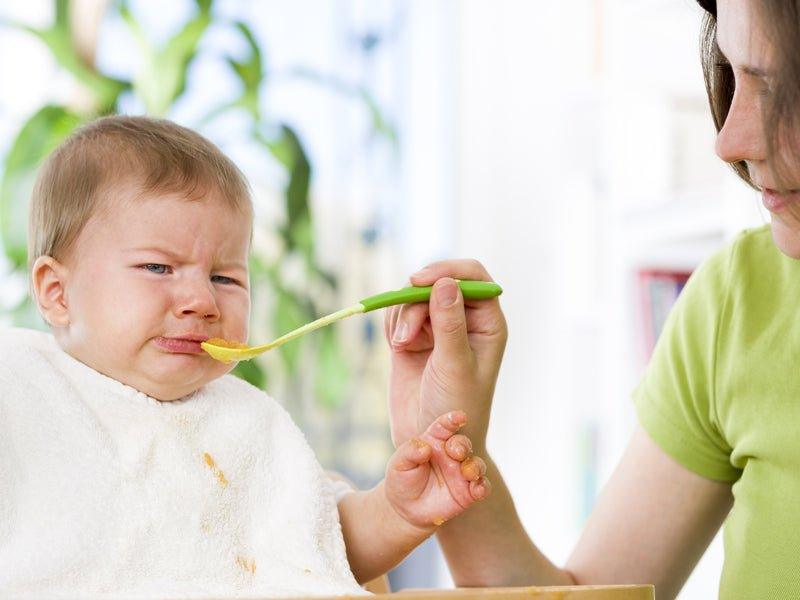“How much stimulation is enough?”
Parenting comes with heavy responsibilities. One responsibility which we parents take very seriously is that of ensuring that our babies develop to their maximum potential. However advice on how we achieve this goal of optimising potential has varied over the past century.
‘Stimulation is unnecessary’
In the early 1900s a well-known American developmental psychologist and paediatrician, Arnold Gesell, popularised the belief that a child’s development was predetermined by an inherited biological plan, which he called maturation. This meant that the environment would have little bearing on a child’s development. This led to the belief that no amount of stimulation (or abuse for that matter) would impact on the outcome of the child. Parents were advised to leave their baby to develop according to nature and that the stimulation of young children was unnecessary.
‘Stimulation is essential’
In the mid-20 th century, groundbreaking research with institutionalised orphans revealed that children who had no stimulation or personal contact displayed severe developmental delay. Suddenly we woke up to that fact that the environment did indeed impact on a child’s development. Since then there has been a great deal of research with animals and humans, which has reinforced the concept that an enriched environment results in enhanced development.
‘The more, the better’
Suddenly we started to realise the importance of environment in the outcome of child development – and the pendulum swung to encourage infant stimulation and enriched environments in the first year. In fact, by the end of the 20 th century the pendulum had swung from ‘leave well alone’ to ‘the more, the better’. And so began the frenzied seeking of every opportunity to stimulate our infants. Millennium parents found themselves under extreme pressure to stimulate, stimulate, stimulate their children.
The sensible middle ground
It is time for a more balanced view of stimulation, and for the pendulum to swing back to the sensible middle ground. This does not mean that we should sit back and do nothing for our children. We must learn how to modulate stimulation.
A baby never has more brain cells in his life than on the day he is born. However it is the connections between these cells that are important for intelligence and coordination. The connections between the brain cells are formed and strengthened by sensory information and experience - and so a certain amount of sensory input and fertile experiences are necessary for the brain to develop optimally.
However when stimulation in the environment becomes overwhelming, the brain enters a zone of stress in which little can be learned and which is not optimal for enhancing development. An example would be the pressure of taking a driving examination for the first time. When stressed like this, we make more mistakes than when we are relaxed. It is this over-stimulated state and stressed state that many infants find themselves in, owing to the frenzy for stimulation.
So what is needed is an enriched, but not over-stimulating environment and routine. Every child has a natural desire to develop and master his world. Parents should harness this enthusiasm. They should provide an enriched environment and they should facilitate play, in order to enhance development.
How to modulate stimulation
What is important is that:
- We do stimulate our babies in order to enhance their development
- Babies are not over-stimulated
- As parents, we watch for signs of over-stimulation
- Development-enhancing activities are incorporated into the daily routine, as opposed to dictating the routine
- Babies are not over-scheduled and taken from one stimulating environment to the next
- Babies are not overwhelmed with too many toys and activities
- Babies are left to play alone and not pressurised to achieve developmental goals.








